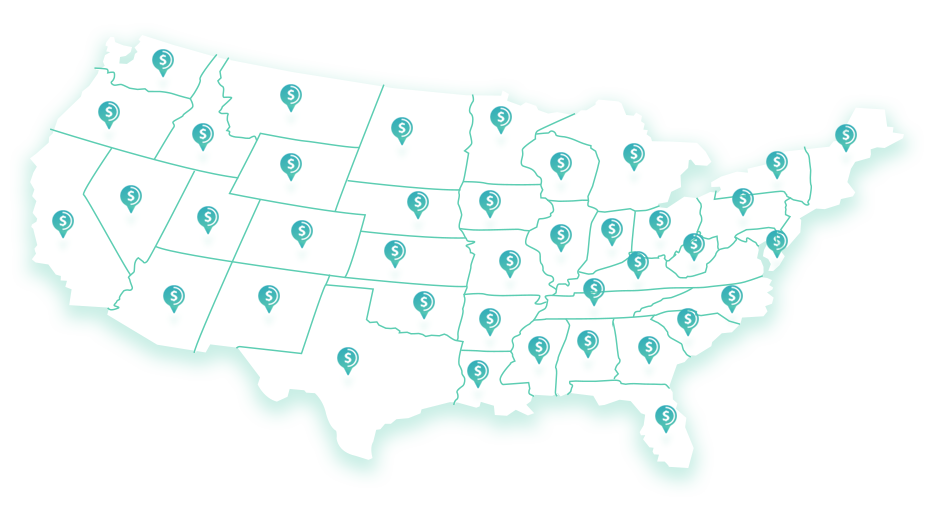0 States
Over 0 Attorneys
Over 0 Families' Lives


Is Chapter 7 Bankruptcy
the Right Answer for You?
Chapter 7 bankruptcy offers a fresh start for many people who feel buried in credit card debt, medical bills and other unsecured debt.
In most Chapter 7 cases, an automatic stay takes effect as soon as the case is filed. That stay freezes collection action immediately: repossession, foreclosure, wage garnishment, lawsuits, even threatening letters and telephone calls.
When a discharge order is entered in a Chapter 7 case – often just four to five months after filing – most unsecured debt is eliminated. That means creditors and collection agencies are violating a court order if they ever try to collect that money again.
What would waking up debt free do for you? Are you ready to find out?
The Chapter 13 Bankruptcy
Alternative
Of course, Chapter 7 isn’t a one-size-fits-all solution. For people with high income, high-value assets that may not be exempt in bankruptcy, or a lot of secured debt, Chapter 13 often provides relief.
The core of a Chapter 13 case is a three to five year repayment plan that allows time to catch up on past due balances without the constant pressure of collection actions, mounting late fees and the ongoing threat of repossession or foreclosure.
Some remaining unsecured debt may even be eliminated when the plan is successfully completed.
Take the first step right now and breathe easier tonight.


